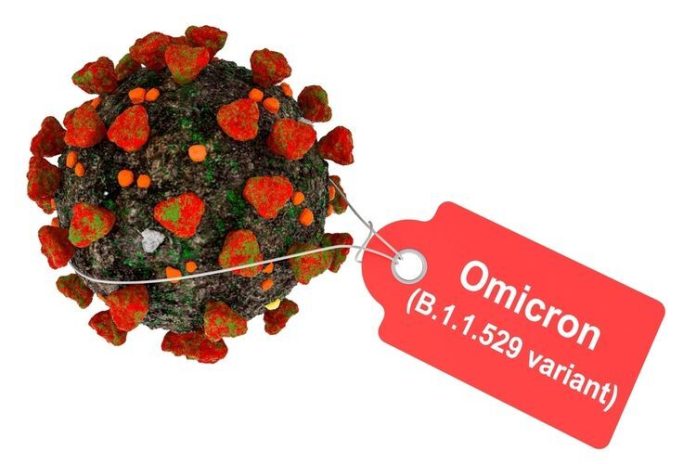Coronavirus has created havoc and wrecked the world. Which is why any slight development in the world of medicine regarding this virus should be celebrated. Right now, the coronavirus has mutated into the Omicron virus and has created concern about transmission from all over the world.
Here is what you need to know about the omicron virus:
What is it?
Based on the evidence presented, TAG-VE has advised WHO that this variant should be designated as a VOC (variant of concern). From the name B.1.1529, another name emerges which is Omicron. Omicron is the 15th letter in the Greek alphabet.
VOCs are the highest category for Covid-19 virus variants related to transmission, disease symptoms, risk of re-infection, and affecting vaccine performance. Previously, virus variants that were known to spread quickly, namely Alpha, Beta, Gamma and Delta, were included in this category.
When was Omicron first detected?
The earliest sample was detected on 11 November 2021 in Botswana.
Why are we worried about it?
Omicron has more than 30 mutations on its spike protein that’s more than double what’s carried by Delta raising concerns if prior infections still provide some immunity.
Is it more transmissible?
It’s not yet clear however from its detection within two weeks it has outpaced delta and become the dominant strain in Gauteng province where there is a surge of cases. Its Ro value (transmission rate) is 1.93 as compared to delta at 1.47.
Yet the number of people testing positive has risen in areas of South Africa affected by this variant, but epidemiologic studies are underway to understand if it is because of Omicron or other factors.
How severe can it get?
Severity of disease: It is not yet clear whether infection with Omicron causes more severe disease compared to infections with other variants, including Delta. Preliminary data suggests that there are increasing rates of hospitalization in South Africa, but this may be due to increasing overall numbers of people becoming infected, rather than a result of specific infection with Omicron. There is currently no information to suggest that symptoms associated with Omicron are different from those from other variants. Initial reported infections were among university students—younger individuals who tend to have more mild disease—but understanding the level of severity of the Omicron variant will take days to several weeks. All variants of COVID-19, including the Delta variant that is dominant worldwide, can cause severe disease or death, in particular for the most vulnerable people, and thus prevention is always key.
What are the treatments available?
Effectiveness of vaccines: WHO is working with technical partners to understand the potential impact of this variant on our existing countermeasures, including vaccines. Vaccines remain critical to reducing severe disease and death, including against the dominant circulating variant, Delta. Current vaccines remain effective against severe disease and death.
Effectiveness of current tests: The widely used PCR tests continue to detect infection, including infection with Omicron, as we have seen with other variants as well. Studies are ongoing to determine whether there is any impact on other types of tests, including rapid antigen detection tests.
Effectiveness of current treatments: Corticosteroids and IL6 Receptor Blockers will still be effective for managing patients with severe COVID-19. Other treatments will be assessed to see if they are still as effective given the changes to parts of the virus in the Omicron variant.
What about drugs?
Currently Oxygen and Dexamethasone have been saving lives however there is very exciting data coming from two antivirals Molnupiravir and Favipiravir. We’ll have to wait and see.
What can you do?
- Get vaccinated
- Wear a mask
- Sanitize or wash your hands
- Maintain social distance
- Gather in well ventilated spaces
- Open windows to improve ventilation
- Avoid poorly ventilated or crowded spaces
- Cough or sneeze into a bent elbow or tissue






